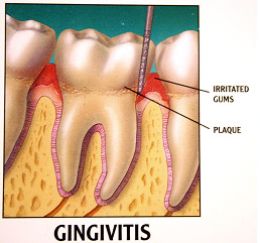
Dogs with signs of severe respiratory distress requiring immediate veterinary care. Treatment aims to ensure adequate oxygenation of circulating blood, the resolution of any primary and secondary infections, removal of any lodged foreign bodies, restore the health of dogs and comfort, to eliminate any draw conditions and prevent recurrence, if at all possible. Treatment protocol for dogs with pneumonia depends on the cause of infection. In those cases, aspiration pneumonia, the treatment team may use suction to remove the ambient material of the upper respiratory tract, where, where they lodged. Periodic additions of oxygen through an oxygen mask or cage may help relieve severe respiratory distress. If the dog is dehydrated, intravenous fluids, or with or without the addition of electrolytes can be entered. Increased humidity in the treatment rooms can be done with humidifier. Bed rest and good supportive care is always important for a successful recovery dogs. Bacterial pneumonia treated with antibiotics drugs selected on the results of blood culture and sensitivity test to determine the exact bacteria causing the infection. Even if the main cause of bacterial pneumonia is, many veterinarians recommend the full course of broad-spectrum antibiotics, as well as secondary bacterial infection of the lungs is extremely common. Oral antibiotics usually lasts for 3 or 4 weeks, and at least within 1 week after clinical signs and radiographic data were normalized respiratory disease. Various oral bronchodilators designed to facilitate breathing dogs. Sick dogs are lying (lying) should have physically change their position every few hours to prevent the accumulation of fluid, in particular lobe of the lung. In some cases, surgical removal of diseased lung tissue may be necessary, especially if the infection does not respond to medication. This procedure is called lung lobectomy. Dogs with pneumonia caused by viral, fungal or parasitic infections are treated with drugs related to the case of the illness. Attending veterinarian is in a better position to discuss the appropriate treatment protocol with the owners. Of course, any conditions that drive the dog to pneumonia, such as gastro-oesophageal reflux or laryngeal paralysis infringement should be directed to reduce the risk of recurrence. The prognosis for dogs with pneumonia depends on the cause and severity of disease strattera no prescritpion dogs. Dogs with uncomplicated pneumonia usually have a good prognosis. In most cases of bacterial pneumonia can be treated successfully. Onset aspiration pneumonia accompanied by severe respiratory failure has the potential to lead to death. If the main cause of pneumonia not detected and corrected, relapse is likely. .
No comments:
Post a Comment